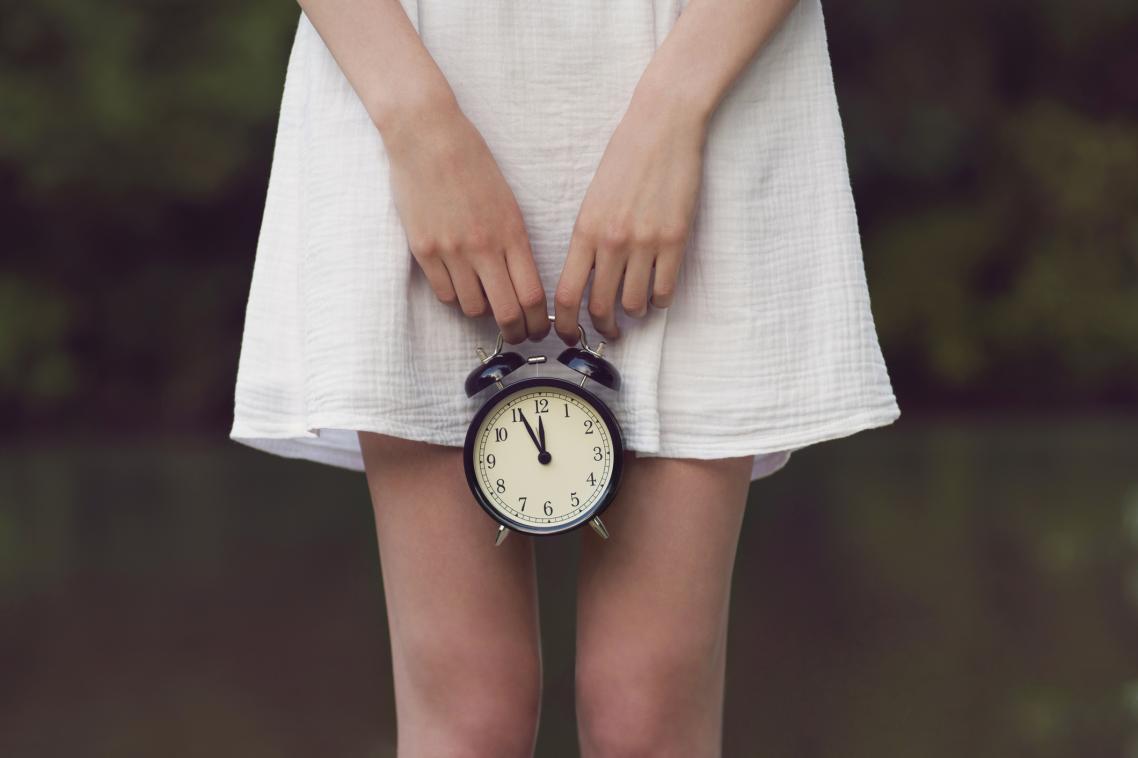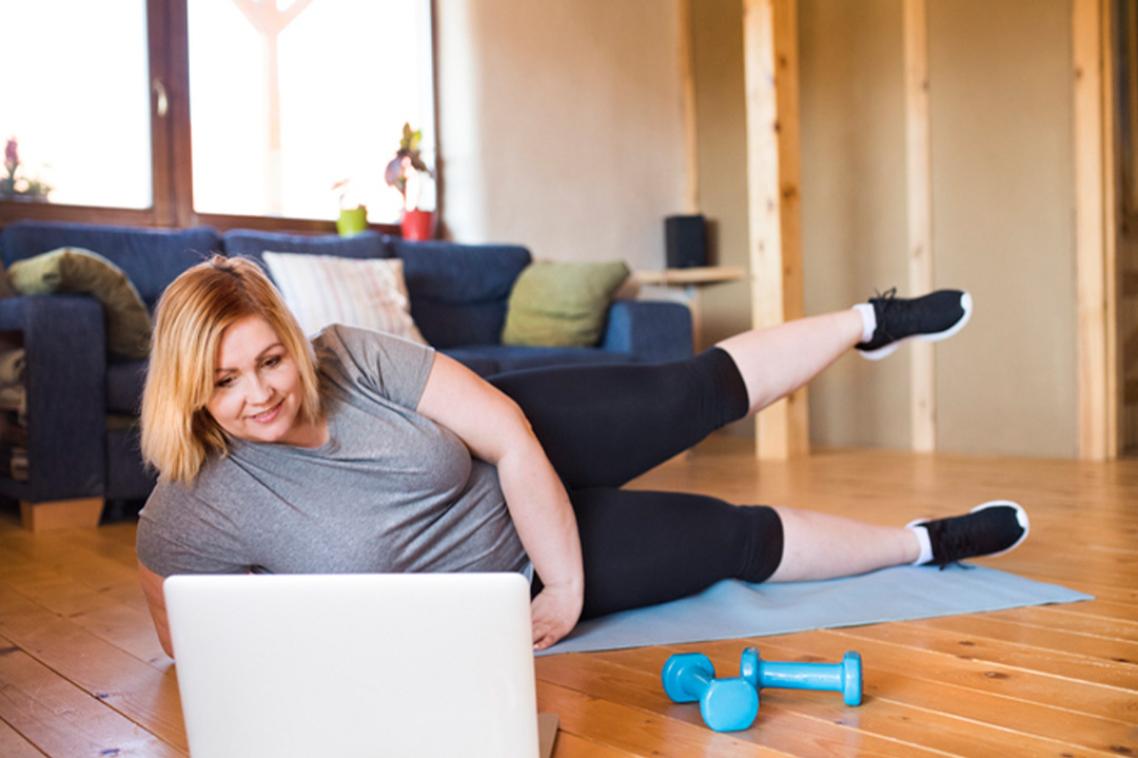Call for Queensland girls to share the impact of periods

The MadeHER app has been designed to provide insights on how menstrual symptoms impacts the daily lives of Queensland teenagers.
(Photo credit: The University of Queensland. )
Key points
- The MadeHER Project is a large-scale study investigating how period symptoms and pelvic pain impact the daily lives of Queensland teenagers.
- There is limited research available in Queensland, let alone Australia.
- The study is open to all Queensland teenagers aged 11–19 and aims to survey 5,000 mother–daughter pairs.
Menstruation affects half the global population but its impact on everyday life remains largely unknown, particularly for teenagers.
University of Queensland researchers have developed an app to survey girls aged 11-19 across the state on their menstrual (period) symptoms spanning 3 consecutive cycles (3-6 months) as part of a 5-year study.
Dr Lexie Prokopuk, from UQ’s Australian Women and Girls’ Health Research Centre said the MadeHER Project app would provide an insight into how menstrual symptoms such as period pain impacted the daily lives of teenage girls aged 11-19 years old.
“There is limited research data in Queensland, let alone Australia, on how periods impact the lives of our teenage girls,” Dr Prokopuk said.
“One in 3 girls are missing school at some point because of their period and symptoms, and 1 in 10 are missing school every menstrual cycle.
“This can have big impacts later in life and they’re at a disadvantage compared to those who don’t struggle with those issues.”

Young Persons Advisory Group (YPAG) members have had significant input into developing the new MadeHER Project app.
(Photo credit: The University of Queensland.)
This comes as another UQ-led study of more than 11,000 Australian women found heavy menstrual bleeding significantly impacts physical and mental health.
The MadeHER Project will also survey 5,000 mother-daughter pairs to understand their combined experiences.
Sole teen participants or those living with non-parental carers are also welcome to participate.
Professor Gita Mishra, Director of UQ’s Australian Women and Girls’ Health Research Centre said both generations would be studied to build a picture of how family history, health conditions, pregnancy experiences and early childhood impacted menstrual issues.
“If we want accurate health data that can change policies and improve existing medical care frameworks, it is vital we hear from people from all backgrounds, including low socio-economic, LGBTQIA+, culturally diverse communities and remote and rural areas,” Professor Mishra said.
“The findings will have a great impact, not only for participants but also in guiding health professionals and informing health policy.”
The app, designed in collaboration with CSIRO and input from the
MadeHER Young Persons Advisory Group (YPAG) allows participants to easily keep a period diary and log their symptoms throughout their menstrual cycle.
“It can also produce data and PDF reports for participants, which they can use at medical appointments to help avoid what can often be awkward conversations about their health needs,” Dr Prokopuk said.
“They (YPAG) provided valuable insights and inspired us to add a ‘period hacks’ feature to the app to help educate teenage girls around periods and their reproductive anatomy.”
The app was named ‘MadeHER’ to capture the idea that every small and large aspect of a person’s life contributes to who they are.
“Her social life, her experiences, her values and her periods – all these things make up who a young woman is as a person,” Dr Prokopuk said.
The study is funded by the National Health and Medical Research Council and Queensland Health.
The MadeHER Project is looking for people from all backgrounds to participate.
To join go to MadeHER.
Topics
Related articles

Women with early periods at increased risk of early or premature menopause


